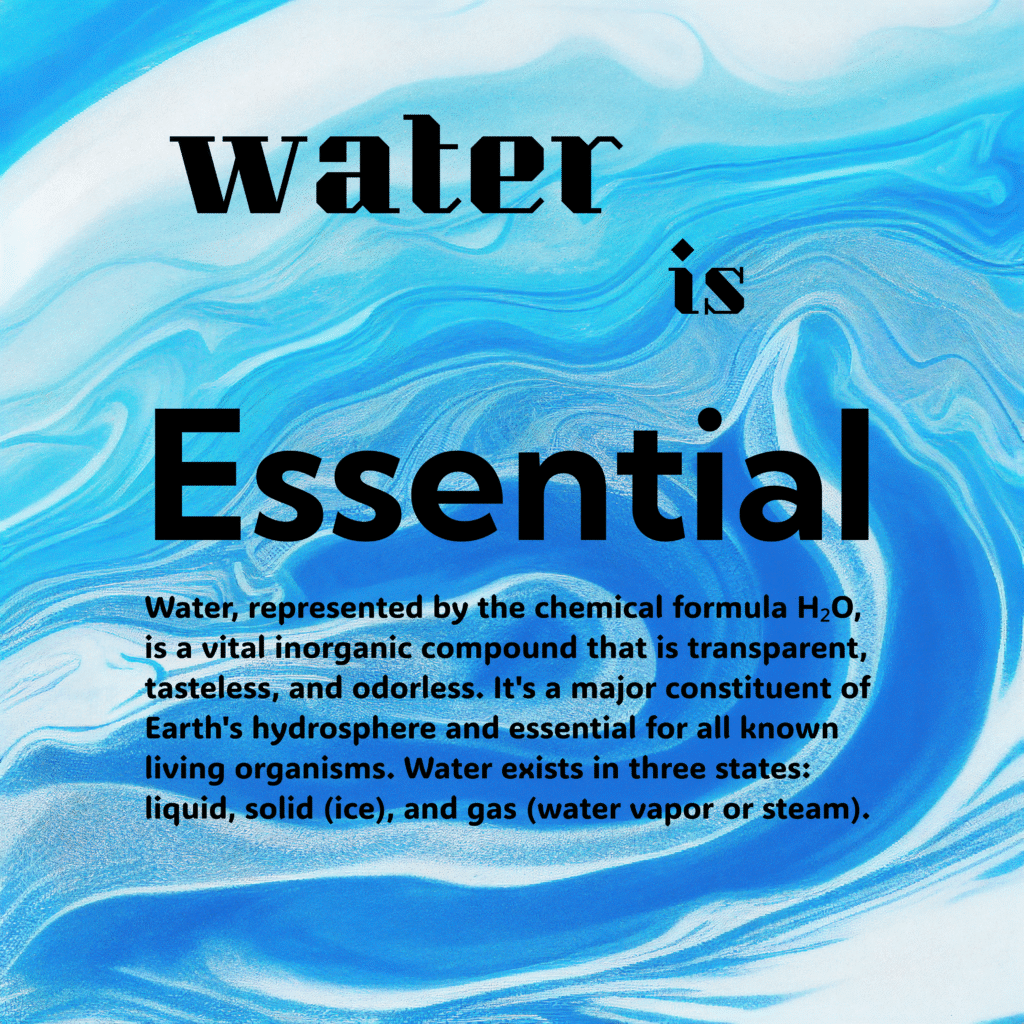Proper hydration supports cognitive function, helps manage body weight, benefits kidney health, and can improve blood pressure regulation.
Cognitive and Mood Benefits
- Even mild dehydration (less than 1% body mass loss) can impair memory, attention, and mood in adults; drinking water improves these cognitive functions and reduces feelings of anxiety and fatigue
- In children, drinking water reduces thirst and improves performance on attention and memory tasks.
Weight Management
- Replacing caloric beverages with water can lower energy intake and support weight loss, especially in those actively dieting
- Increased water intake is associated with greater weight loss in overweight individuals, independent of diet and activity
- Water may increase energy expenditure and fat oxidation under certain conditions, particularly in metabolically inflexible or obese individuals
Kidney and Heart Health
- Higher water intake is beneficial for people at risk of kidney stones, chronic kidney disease, and polycystic kidney disease, helping to preserve kidney function and slow disease progression
- Drinking water can acutely improve blood pressure and orthostatic tolerance (the ability to stand without feeling faint) in both healthy individuals and those with certain blood pressure disorders
Other Considerations
- The evidence for water’s effect on skin hydration is limited and not well established
- The benefits of increased water intake for weight management are more consistent in people actively trying to lose weight than in the general population
Conclusion
Staying hydrated by drinking water offers clear benefits for cognitive performance, mood, weight management (especially when replacing sugary drinks), kidney health, and blood pressure regulation. These effects are most pronounced in situations of mild dehydration, active weight loss, or specific health conditions.
Drinking water can have beneficial effects on energy intake, expenditure, and fat oxidation, potentially leading to less weight gain or greater weight loss over time.
Drinking water after a 12-hour dehydration period improves judgment and decision-making performance in adults, without affecting subjective thirst or attentiveness.
Drinking water improves memory and focused attention, reducing anxiety and depression when there is a loss of 1% body mass.
Increased water intake may be beneficial for individuals with nephrolithiasis, chronic kidney disease, and polycystic kidney disease, potentially slowing cyst growth and preserving renal function.
Drinking water may promote weight loss in overweight dieting women by lowering total energy intake and altering metabolism, but long-term effects remain unclear.
Drinking more water in children aged 7-9 years improves their performance on visual attention tasks and reduces thirstiness.
Increased water consumption may have a weight-reducing effect in individuals dieting for weight loss or maintenance, but the evidence for this association is low and inconsistent in general mixed-weight populations.
Drinking 500 mL of water significantly improves orthostatic tolerance in healthy subjects by inducing an acute hemodynamic response and enhancing cerebrovascular regulation.
Water is essential. Water is Life.


